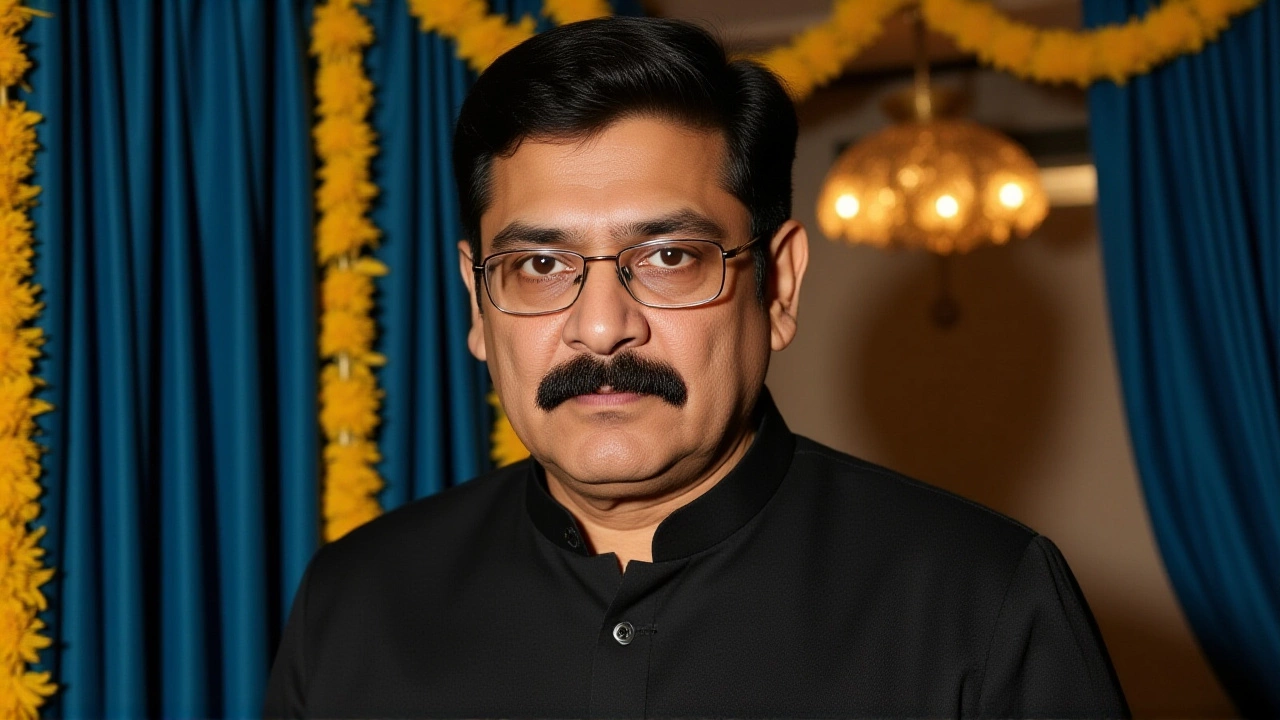Mahabharat: The Epic That Shaped Indian Culture
When talking about Mahabharat, the ancient Indian epic that narrates the struggle between two families of cousins, the Pandavas and the Kauravas, set on the battlefield of Kurukshetra. Also known as Mahabharata, it weaves history, philosophy and drama into a single story. Mahabharat isn’t just a myth; it’s a framework that captures how duty clashes with desire. At its heart lies the Kurukshetra War, the 18‑day conflict that forms the climax of the epic, and the timeless dialogue of the Bhagavad Gita, the spiritual guide spoken by Krishna to Arjuna on the battlefield. In short, Mahabharat encompasses war, wisdom and a moral compass that still guides millions.
The saga’s main heroes are the Pandavas, the five righteous brothers who embody the struggle for justice. Opposite them stand the Kauravas, whose ambition fuels the conflict. Guiding the Pandavas is Krishna, the divine strategist who offers counsel and reveals the path of dharma. Their interactions create a vivid picture of leadership, loyalty and the choices that shape destiny. When Arjuna hesitates, Krishna’s teachings become a blueprint for making tough decisions—something readers still apply in boardrooms, sports fields, and everyday life.
Beyond characters, Mahabharat dives deep into core concepts like dharma (righteous duty), karma (action and consequence), and the nature of destiny. The war tests each warrior’s sense of right and wrong, turning personal conflicts into universal lessons. For example, the dialogue in the Bhagavad Gita turns a battlefield dilemma into a guide for inner peace. These themes resonate because they address questions we all face: when to fight, when to forgive, and how to balance personal desire with greater good. The epic shows that true strength comes from understanding one’s role in a larger story.
Why Mahabharat Still Matters Today
From festivals to classical dance, Mahabharat has seeped into every layer of Indian culture. Artists retell its battles in paints, movies, and television series, keeping the narrative alive for new generations. Traditional performances like Kathakali and Yakshagana dramatize key moments, while modern writers reinterpret the characters to discuss gender, power and social change. Even culinary traditions draw inspiration—feasts during regional festivals often feature dishes named after heroes, reminding diners of the epic’s enduring presence at the table.
What makes Mahabharat truly timeless is its ability to echo today’s headlines. Think of a high‑stakes cricket match or a political upset—the same strategies, alliances, and moral puzzles appear on the field and in parliament. The excitement of an IPL opener, the drama of a hero Asia Cup win, or the surprise of a political upset all mirror the epic’s clash of forces. Even a simple dinner recipe can feel like a strategic move, balancing flavors just as the Pandavas balanced virtue and victory. By viewing modern stories through the lens of Mahabharat, readers can spot patterns of courage, rivalry and redemption in sports, politics and even everyday cooking.
Below you’ll find a curated set of articles that capture this spirit—from thrilling sports victories and surprising election results to mouth‑watering recipes that celebrate the joy of sharing food. Each piece reflects a fragment of the larger Mahabharat narrative, showing how ancient wisdom can frame today’s successes and challenges. Dive in to see how the epic’s lessons play out across the board, whether you’re cheering from the stands, following a vote count, or cooking up a feast.
Veteran Actor Pankaj Dheer Dies at 68 After Cancer Battle
Veteran actor Pankaj Dheer, famed for Karna in Mahabharat, dies at 68 after a cancer relapse, prompting tributes from co‑stars, fans, and Bollywood.
